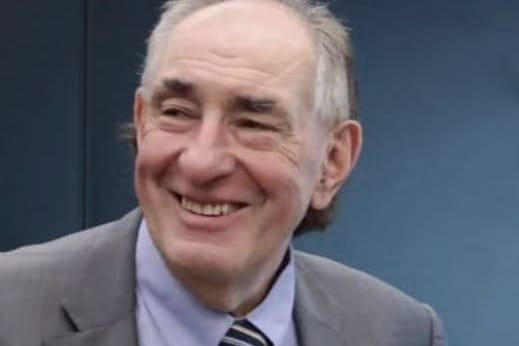Brazil’s UOL news agency published a long interview by its columnist Jamil Chade, with President Luiz Inácio Lula da Silva’s Special Foreign Policy Advisor Celso Amorim, covering the perspective of Lula’s government on different major foreign policy fronts. When it came to the Israel-Gaza war, Chade pressed Amorim, who had stated emphatically that Hamas’s actions on Oct. 7 were “a terrorist act": “How do you deal with a group that acts in this way?” Chade insisted.
Amorim answered: “By improving relations with the Palestinian Authority. What strengthens Hamas the most is the demoralization of the Palestinian Authority.” The Palestinian Authority must be given the conditions to strengthen its authority, he argued.
Could Brazil play a role in the dialogue between the different Palestinian forces? Amorim suggested this might be possible, adding that “if Hamas were to participate in the peace process, in some way it would indirectly be recognizing the existence of Israel. That’s what we wanted. Hamas was elected and has a lot of political strength. Today, it would probably get an even bigger vote than it did in 2006.”
What certainly cannot work is the insistence on Israeli military domination of Gaza, talk of Palestinians emigrating from Gaza ("I don’t know if that’s ethnic cleansing or genocide. Either one is terrible"), or the current illusion of wiping out Hamas, in Amorim’s view. “For every Hamas supporter killed, five new ones appear. Especially with the killing of children. I’ve never seen anything like it. To have this absurd number of dead is unacceptable.”
Amorim reported that he has participated in various Palestinian-Israeli peace processes over his decades as a leading Brazilian diplomat, which included dealing with Ariel Sharon and other conservatives. “But they understood that Israel’s security would not depend on military domination, but on some degree of understanding with the Palestinian Authority…. I’ve never seen anything like what’s happening now. We did see the gradual construction of real apartheid, including in the West Bank. What we see today, and regret, is that it’s an illusion that they are going to wipe out Hamas.”
Amorim did not want to debate whether what is occurring now meets the technical definitions of genocide, but, he insisted, “the feeling is similar to that caused by a genocide.”





